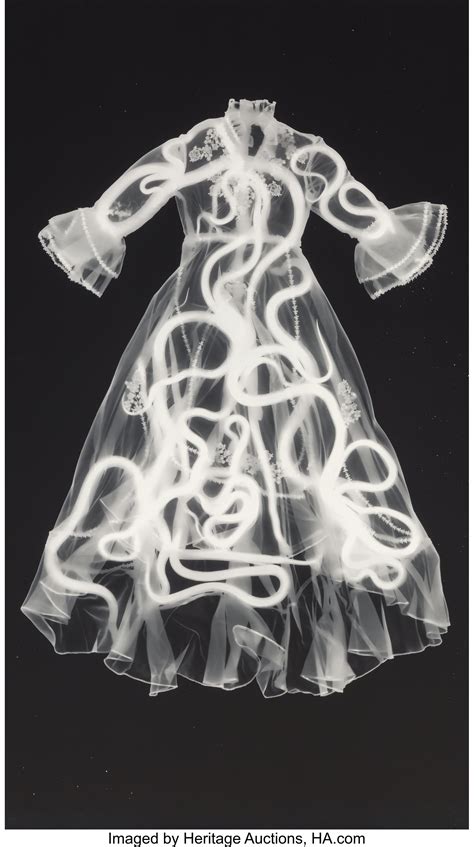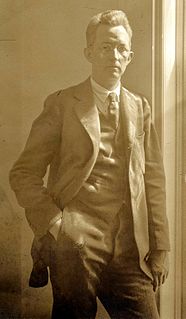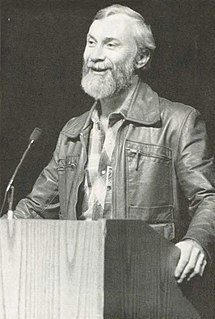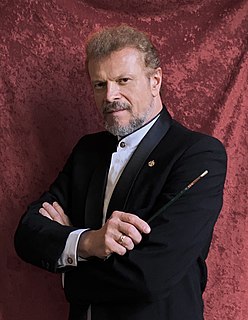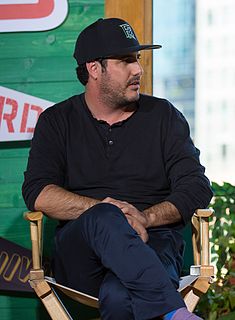A Quote by Pablo Picasso
When you see what you express through photography, you realize all the things that can no longer be the objectives of painting. Why should an artist persist in treating subjects that can be established so clearly with the lens of a camera?
Related Quotes
We're so conditioned to the syntax of the camera that we don't realize that we are running on only half the visual alphabet... It's what we see every day in the magazines, on billboards and even on television. All those images are being produced basically the same way, through a lens and a camera. I'm saying there are many, many other ways to produce photographic imagery, and I would imagine that a lot of them have yet to be explored.
Why was the painting made? What ideas of the artist can we sense? Can the personality and sensitivity of the artist be felt when studying the work? What is the artist telling us about his or her feelings about the subject? What response do I get from the message of the artist? Do I know the artist better because of the painting?
Photography is inextricably linked with life; the photographer is not invisibly behind the camera but projecting a life-attitude through the lens to create an interference pattern with the image. Who he is, what he believes, not only becomes important to know intellectually, but also becomes revealed emotionally and visibly through a body of work.
The contemporary artist...is not bound to a fully conceived, previsioned end. His mind is kept alert to in-process discovery and a working rapport is established between the artist and his creation. While it may be true, as Nathan Lyons stated, 'The eye and the camera see more than the mind knows,' is it not also conceivable that the mind knows more than the eye and the camera can see?
I think what's exciting about doing it as found footage - if we all are being honest, found footage gets a little bit of a bad rap sometimes, but I think that there's a lot of potential in the medium in taking it seriously and in treating the audience with respect and in treating the characters with respect in terms of, why is the camera really on? Where would the camera be when it is on?







